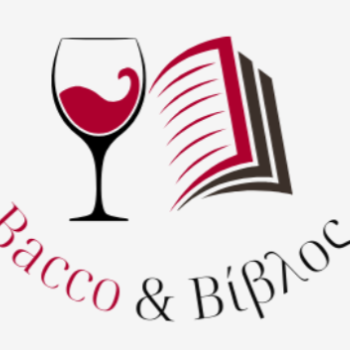
COMMUNICATION IN THE NEW MULTICULTURAL SOCIETY. Understanding How Language Works To Improve Our Communication And Relationships With Others
This course is designed to give participants an understanding of what cross-cultural communication means, how every single individual such as children, teens, adults, or even older people are involved in the greater world of communication and what is defined as a conversational style.
Description
Communication is complex and culturally shaped, there’s no single right way to speak. This course helps teachers understand how language and communication styles vary across cultures, genders, and social backgrounds. Drawing from linguistics, sociolinguistics, and anthropology, participants explore how people use language in daily life and how these differences impact conversations. The training focuses on cross-cultural communication, helping teachers recognize diverse conversational styles and avoid misunderstandings in school settings. Through practical activities and reflection, participants will gain tools to better interpret meaning, context, and external factors influencing communication. The course also addresses links between language, gender, power, and discrimination, offering valuable insight into how we speak and connect with others in multicultural classrooms.
Learning objectives
- Understanding the importance of meaning in the communicative process and the role that context and so-called external variables play;
- Knowing the meaningful connection between gender, power, and discrimination and the various factors that influence our language;
- Exploring the importance of a cross-cultural approach to analyzing different conversational styles in order to better understand what is behind individuals’ conversations;
- Developing a greater awareness of communication and how conversational styles are influenced by gender as well as other cultural, social, and experiential factors;
- Developing practical experience and skills to apply effectively intercultural communication according to different needs of the targets and contexts of work.
Methodology & assessment
We always try to connect our learners to local teachers and students to cooperate in developing innovation and networking for future projects. We work in European dimension and with an international spirit, at the local level and, according to the period of the training along the year and the weather, it is possible to change some sessions and add visits and meetings, in cooperation with our network of partners including schools involved in European projects.
Materials, digital tools & other learning resources
We provide, after the completion of the course, all presentations, training materials and any other digital and learning tools used during the training sessions. Furthermore, extra materials are sent if there are updates and new ones researched afterwards.
Certification details
At the end of the training, C.T.E. delivers a formal certificate of attendance.
Our courses are in line with the Erasmus+ Quality standards for courses under Key Action 1 (learning mobility of individuals)
Pricing, packages and other information
-
Course package content:
In the course fee are included: organization, administration, trainers' costs and classes, further training/learning materials, certification, support of the team H24, photo-video reporting.
Extra costs are referred to logistics. JUMP is sending all the precise info when the participants or the Erasmus coordinator ask for information.
-
Additional information:Description of the services and activities included in the course package (such as accommodation, meals, transport) or available at extra cost.
-
Cancellation & changes:
With a proper time in advance is possible to cancel the participation, informing and explaining the motivation.
-
Additional information:The options and conditions for change and cancellation, and the policy in case of unforeseen circumstances (force majeure).
Additional information
-
Language:English
-
Target audience ISCED:Primary education (ISCED 1)Lower secondary education (ISCED 2)Upper secondary education (ISCED 3)
-
Target audience type:TeacherHead Teacher / PrincipalTeacher Educator
-
Learning time:25 hours or more
Upcoming sessions
Past sessions
More courses by this organiser

S.O.S. EUROPEAN CITIZENSHIP EDUCATION To Teach Europe and Be More "European"



